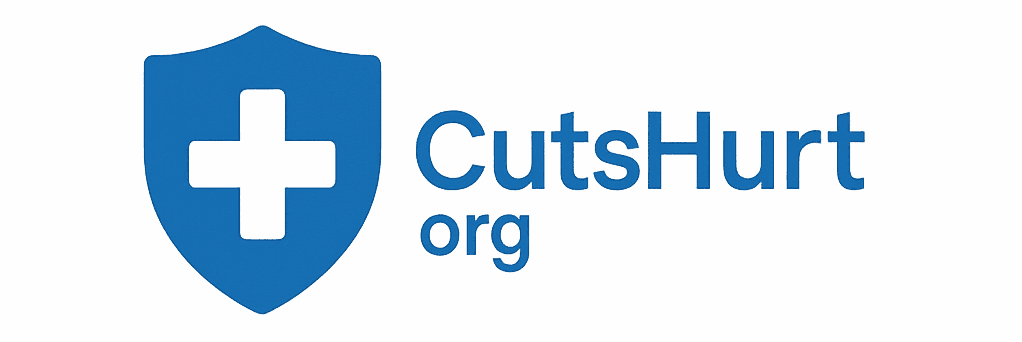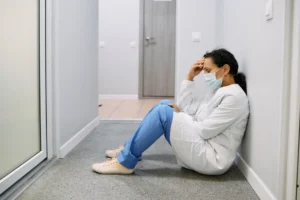Advocating for Change: How to Take Action Against Harmful Budget Cuts
When governments reduce funding for public health, education, housing, and social services, the people who suffer most often have the least power. But that can change—if more people take action. Budget cuts aren’t just accounting decisions. They are moral choices that shape the daily lives of families, communities, and entire generations.
In this blog, we’ll show you how to take action against harmful budget cuts. From writing to your representatives to joining local advocacy campaigns, there are many ways you can make your voice heard and demand policies that protect the public good.
1. Understand the Impact of Budget Cuts
Before you advocate, it’s important to understand who budget cuts affect and how. Programs that serve the most vulnerable—like Medicaid, public schools, affordable housing, and mental health care—often take the biggest hits.
If you haven’t yet, read our article on the impact on vulnerable populations to understand why these cuts matter and why your advocacy is so critical.
2. Stay Informed on Legislation
Follow budget proposals at both the federal and state levels. Many cuts are buried in large spending bills or proposed quietly at the committee stage. Set Google alerts for budget-related terms, or subscribe to newsletters from advocacy organizations like the Center on Budget and Policy Priorities.
To find your representatives and track active bills, visit Congress.gov. Staying informed is the first step toward effective action.
3. Contact Your Elected Officials
Emails, phone calls, and letters to legislators can influence their decisions—especially when they come from local constituents. Be concise but passionate. Focus on specific programs being cut and explain how they impact your community.
Here’s a quick template:
“Dear [Representative/Senator Name],
I’m writing as a concerned constituent from [City, State] to express my opposition to proposed cuts to [program name]. These services are essential to families in our community, and cutting them will cause real harm. Please vote to protect funding for [specific issue].”
Calls are especially effective. Offices tally how many calls come in on each issue, and a strong volume of concern can sway undecided legislators.
4. Join or Support Advocacy Groups
You don’t have to act alone. Organizations across the country are mobilizing against harmful budget cuts. Look for groups that focus on the issues you care about—whether it’s healthcare, disability rights, education, or housing justice.
Support them by volunteering, donating, or attending their events. These groups often provide talking points, action alerts, and tools to help you amplify your voice.
5. Use Social Media for Awareness
Social media platforms can help spread awareness and rally support. Share articles, personal stories, petitions, and calls to action using hashtags like #StopTheCuts, #FundOurFuture, or your state’s budget campaign tag.
Tag lawmakers in your posts. Public pressure online can lead to real-world impact, especially when journalists and advocates help amplify your message.
6. Organize or Attend a Local Event
Community visibility matters. Attend town halls, school board meetings, or budget hearings. Ask questions publicly. Bring friends. Share stories from people impacted by cuts.
You can also organize your own event—a sign-waving demonstration, a letter-writing party, or a teach-in about proposed funding reductions. Small local events can spark larger movements.
7. Vote With Purpose
One of the most powerful actions you can take is to vote in every local, state, and federal election. Research candidates’ positions on funding priorities, especially for healthcare, education, and social services.
Support leaders who believe in public investment and equity. And remember—budgets reflect values. Your vote helps decide whose values shape policy.
Every Voice Matters
Budget cuts don’t just erase numbers from a spreadsheet. They erase services, opportunities, and dignity. But change is possible when people speak up.
Whether you’re a student, caregiver, advocate, or concerned citizen, your voice can help protect the programs that make communities stronger, healthier, and more just.
Advocacy starts with one step. Let this be yours.










